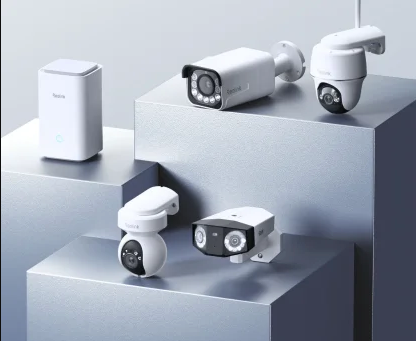Legal Considerations for Security Cameras in Utah
Thinking about installing security cameras in Utah? Here's what homeowners and businesses need to know to stay compliant and avoid legal issues.

Understanding Utah’s Privacy Expectations
In Utah, as in most states, there’s a fundamental right to privacy. Security cameras are allowed, but placement is key. Recording private spaces — like bathrooms or inside someone else's residence — is strictly illegal.
Do You Need Consent to Record?
Utah is a one-party consent state for audio recording. This means you can legally record conversations you are a part of, but not private conversations you are not involved in. Video without sound does not require consent in public spaces.
Homeowners: What’s Allowed?
- Record your property (driveway, front door, etc.)
- Do not point cameras into neighbors’ windows or private areas
- Be cautious with audio recording — signage is recommended
Commercial Installations: Extra Responsibility
- Post signage notifying guests and employees about video surveillance
- Comply with workplace privacy rules and restroom restrictions
- Keep footage secure and limit access to authorized users
Common Legal Mistakes to Avoid
- Recording in areas with an expectation of privacy (e.g., changing rooms)
- Sharing footage publicly without proper redaction
- Using footage for retaliation or harassment
Recommendations from Legal Professionals
While you don’t need a permit to install cameras in Utah, consulting with legal counsel — especially for businesses — is a smart move. At SilverLoom, we install with privacy and legal compliance in mind.
Signage Tips for Legal Coverage
- • Post at all main entrances
- • Use clear language: "Area under video surveillance"
- • Include audio disclosure if microphones are used
Need a Legally Compliant Installation?
SilverLoom Security ensures your camera placement and signage meet Utah legal standards.
